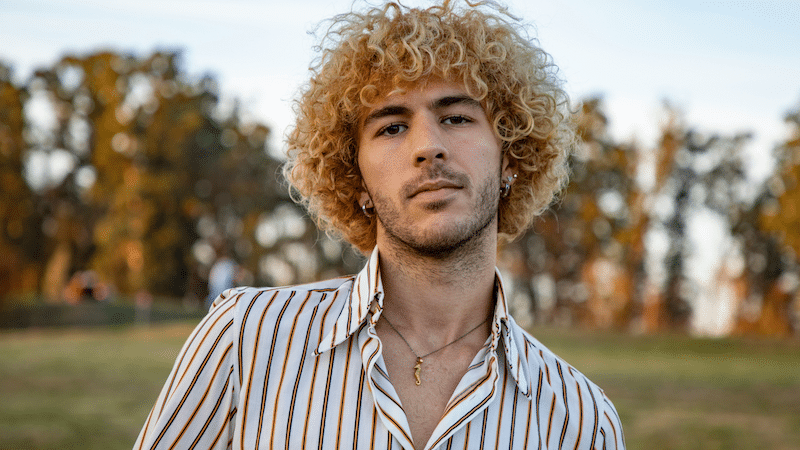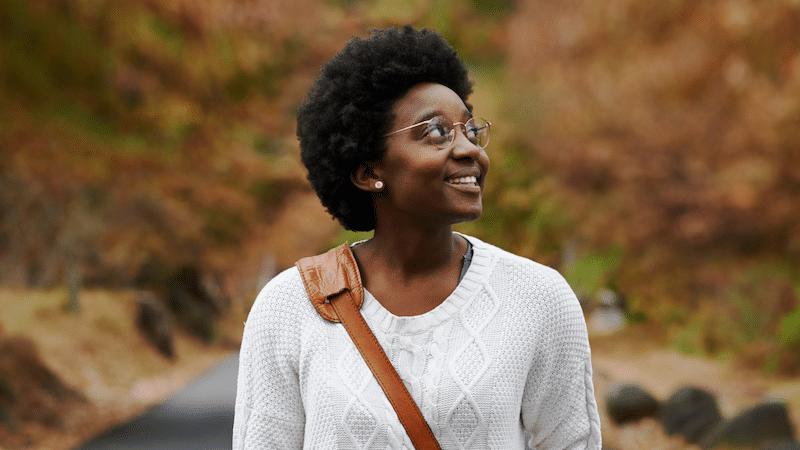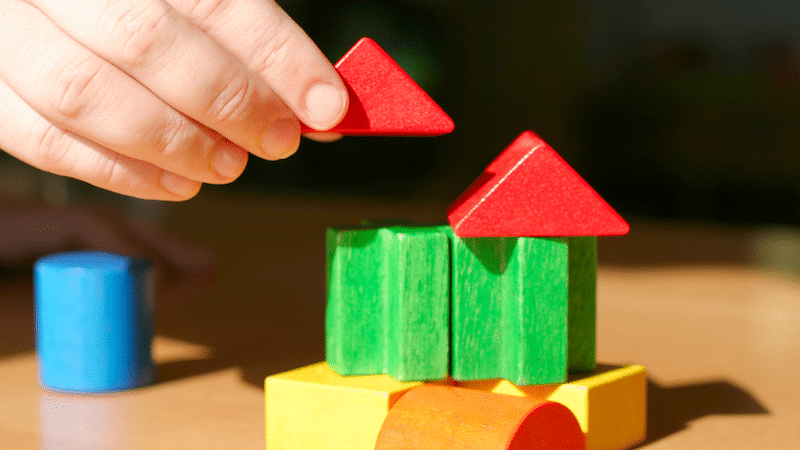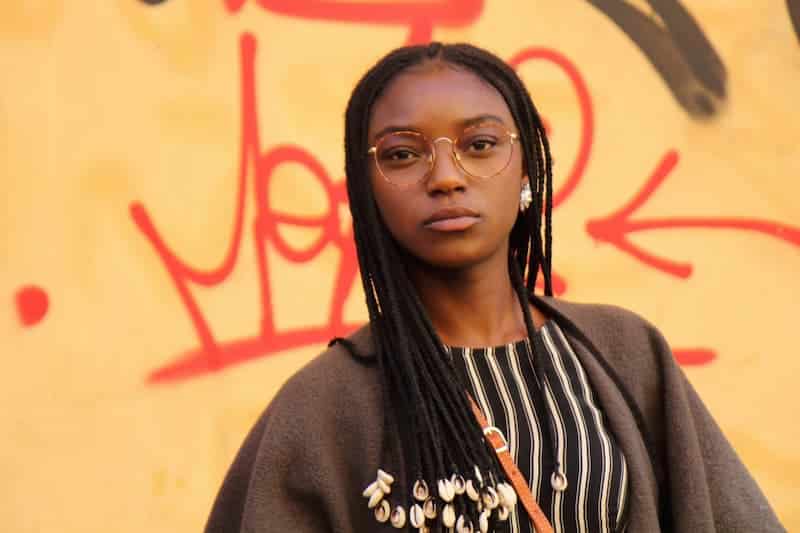Why Is It So Important To Hear The Voices of Male Survivors?

Hear from male survivors on why they believe it’s so important to make space for boys and men in survivor spaces and the overall movement. The following answers are excerpts from our Male Survivors Panel.
Yonah Kohn
“How survivors heal from their experiences is going to be different, depending on so many factors. But before a survivor can heal, they need to feel that they’re being heard. You know, how can we support the survivor? What kind of support do you need? What kind of support do you want? Sometimes they’re not ready to go to therapy or deal with those kinds of things.
Sometimes just being in a support group, right? So really hearing the survivor and empowering them, giving them their consent back. And, as a male, sexual violence is very often, you know, just when we think of sexual violence, we automatically think of women. And that is unfortunately very true and very common.
Yes. However, men are survivors. And men can be survivors from men. They can be survivors from women. They can be survivors when they were younger and they were older. So, amplifying all of our stories, you know, especially ones that can and have been marginalized, is super critical, because every survivor deserves to be heard, listened to, and supported.
And we can’t do that until we hear them out. So for me, that was the key to my healing journey, to first feel heard.”
Tim Lennon
“One of the crises of sexual violence of men and women is that most never report. And we know that maybe 70% of people that are sexually abused never step forward. And it might be because of a stigma attached to that.
But we do know that it’s a silent kind of epidemic, and that points to how our voices, when we step forward, provide an opportunity for others to say it’s not just me, that it’s all of us, and that just the importance of knowing that so many are harmed by sexual abuse and never step forward, and there has to be a mechanism for saying it’s okay. Make it safe.”
Steve Peacock
“One of the things I think about, is that one in six men have been abused at some point in their life. And as we noted, one in four women.
So, you know, the estimates would be 30 million plus survivors, which is greater than every state other than California. And I don’t think that people think about it in those terms. They hear stories. They’re isolated and they move on. So until it’s kind of recognized as the epidemic that it is, it’s not going to get the attention that it deserves.
And telling the stories is a way to bring that out. And the last thing I would add is just telling all of our stories. It’s very different. A lot of the stories I heard, certainly 20 years ago, were about abuse in the Catholic Church and other organizations, Boy Scouts, other types of formal institutions. That’s not what happened to me. What was done to me was isolated, in the neighborhood, one on one. And it wasn’t until kind of a lot of things clicked that I realized I was part of that number. I am part of that survivor community.”
Jeff Dillon
“I think it’s important that male survivors’ voices are heard because one of the foundational principles of abuse is isolation. Victimization is isolating. Abusers isolate their victims. This is something that happens in secrecy. They tell us not to tell anybody. They attach shame to it. So we won’t tell anybody.
And because of this isolation. We think nobody else could possibly understand what it is that I’m going through. And so survivors feel very alone. But when we do, it’s so important that they hear a diversity of stories from different types of survivors and different types of experiences so that they know “I’m not the only one.”
This is like me, whether it’s I’m not the only one who was abused by this person, or I’m not the only one who was abused by an older juvenile. I think all of those things are important. We did a lot of work after the New York Child Victims Act was passed, which opened up the civil statute limitations for child sex abuse. We did about 25 forums around the state talking to people to help them understand the dynamics of abuse and what their remedies might be. And I heard from so many different people that everybody thought that what happened to them was so unique. But, there was so much commonality and people thought that their understanding of their abuse was so tied to their race, to their ethnicity, to their gender. You’d hear people share stuff like, well, you know, “I’m Italian and we call that not sharing your dirty laundry,” right? And someone else says, “Oh, well, in our family, we don’t talk about it either. We call it this.” So I’m seeing all these connections that people are experiencing the same things, but they think it’s so unique to them. And so let’s give people a diversity of faces, a diversity of ages so that they can find other people that they relate to.
You know, just like Steve, I was in my twenties. Before I recognized that what happened to me counted as abuse. I was in law school and I remember reading a book and because I wasn’t abused by a priest or a little league coach or something,that it didn’t count. But then when I read, I realized it did, and I think there is a certain trajectory. To a person’s path of recovery. Where there are a number of profound moments. The first is when they name it, when they realize that what happened to them counted and that’s the first time. And then the next time is when they realize what it’s done to them, like how they’ve been harmed because of that and the price that they paid. And so I think all of these things are really important so that people know that just that they’re not alone and that there’s, there’s help available.”
Answers have been slightly modified for grammar and readability.
Support Is Available

1 in 6
The mission of 1in6 is to help men who have had unwanted or abusive sexual experiences live healthier, happier lives. Our mission also includes serving family members, friends, partners, and service providers by providing information and support resources on the web and in the community.
Virtual Support Groups: Join a 1 in 6 Support Group here

MaleSurvivor
For 26 years, MaleSurvivor has fostered a healing community where tens of thousands of men from more than 200 countries come together to find support, information and — most importantly — hope.

MenHealing
We believe in men and their loved ones healing through community and relationships, fostering a sense of belonging, embracing vulnerability, and recognizing the pain and trauma that men experience. By supporting men to heal, we hope to help heal the world.



